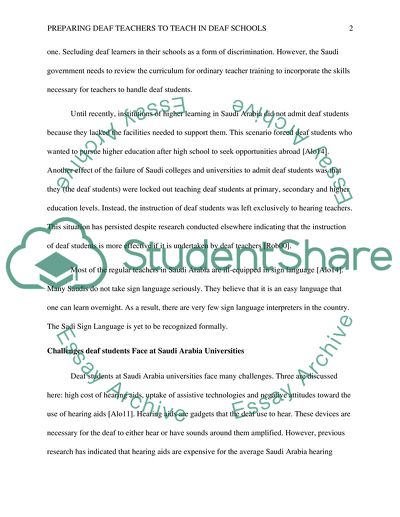Cite this document
(“Special Teacher Training in Saudi Arabia Thesis Proposal”, n.d.)
Special Teacher Training in Saudi Arabia Thesis Proposal. Retrieved from https://studentshare.org/education/1662319-special-teacher-training-in-saudi-arabia
Special Teacher Training in Saudi Arabia Thesis Proposal. Retrieved from https://studentshare.org/education/1662319-special-teacher-training-in-saudi-arabia
(Special Teacher Training in Saudi Arabia Thesis Proposal)
Special Teacher Training in Saudi Arabia Thesis Proposal. https://studentshare.org/education/1662319-special-teacher-training-in-saudi-arabia.
Special Teacher Training in Saudi Arabia Thesis Proposal. https://studentshare.org/education/1662319-special-teacher-training-in-saudi-arabia.
“Special Teacher Training in Saudi Arabia Thesis Proposal”, n.d. https://studentshare.org/education/1662319-special-teacher-training-in-saudi-arabia.


